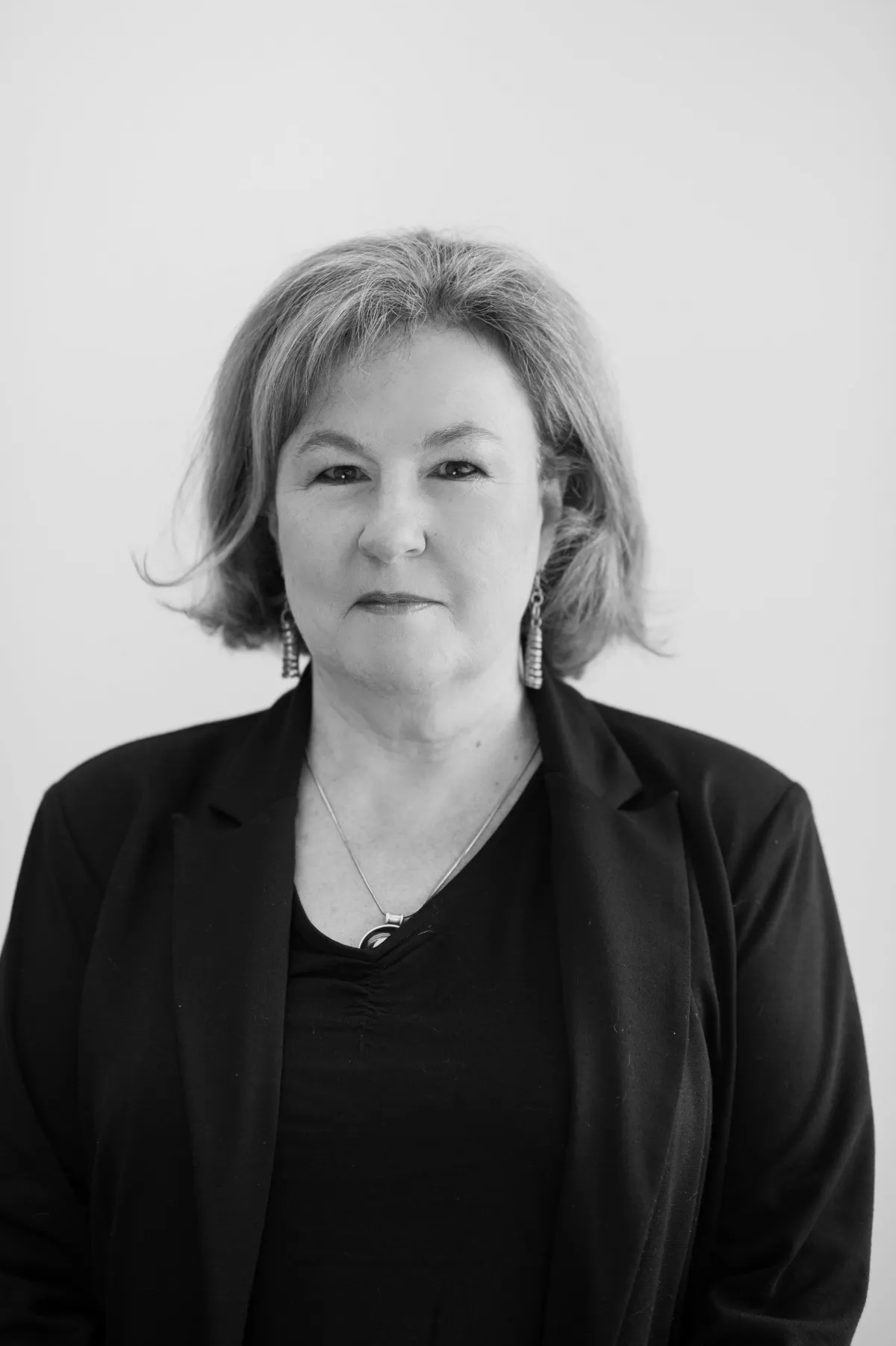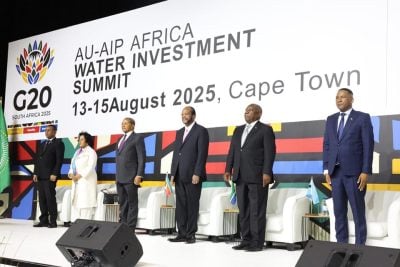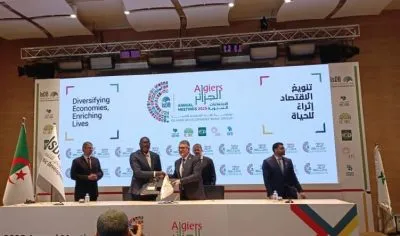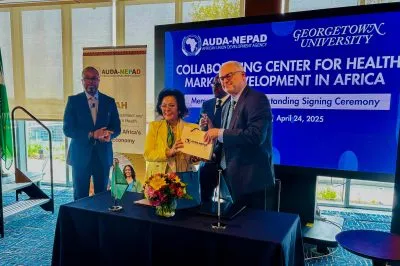Unlocking Africa’s value chains would enable the continent to break the current trap of boom-bust cycles driven by volatile commodity prices, high debt, unemployment and other challenges, says African Finance Corporation CEO Samala Zubairu. Speaking at the Africa Investment Forum Market Days 2023 event in Morocco in November, Zubairu said: “Value capture and value retention are very important. This will enable us to produce better quality jobs and to make our demographic bulge an asset.”
In doing this, Africans need to focus on certain value chains, particularly the minerals value chain, which has become critical to addressing climate change. Zubairu said that Africa has more than 40% of the minerals and metals required to equip the energy transition.
By moving from exporting raw minerals to value addition, the continent can move from realising $12bn in value to $240bn in this sector.
“This would also help Africans to get to net zero. But we must take ownership. Someone must see you doing it before they follow,” said Zubairu. “We at AFC are focused on derisking the opportunities. How can we collaborate and continue to build integrative value chains related to not just the resource itself but processing, transport and putting in place incentives?
“To get it right, we have to make capital available and incentivise domestic capital. We talk a lot about foreign capital – but let’s look at domestic capital. We need to incentivise pension funds to participate.” Accelerate industrialisation
The African Union’s Agenda 2063 aims to accelerate industrialisation, with the goal of increasing the continent’s share of global manufacturing value addition from the current level of about 1.5% to 7% by 2030 and 15% by 2063.
Zubairu said that Africa needs to focus on responsible mining and to put a framework in place to give local capital providers a stake in projects, including local communities.
“They own the land and will be with the projects over time. We must get them vested in the project. This will help to make the project sustainable,” he said.
“As Africans, we must first define the strategy and derisk the opportunity with our own capital and find ways of engaging with international partners to restructure aid to mobilise further capital.”
Alain Ebobissé, CEO of development finance organisation Africa50, said that Africa’s industrialisation must be done responsibly.
“The strategies we seek must include a balanced energy mix to support our industrialisation, including aggressively developing renewable power to achieve electrification goals and to develop natural gas.”
The need for infrastructure
Having infrastructure in place is also key and the African Continental Free Trade Area (AfCFTA) has helped to make investing more attractive. Ebobissé emphasised the need to focus on regional infrastructure, as funds for this are still limited even though it is essential to improving trade flows.
Other issues raised at the discussion included mobilising domestic and regional funds alongside efforts to attract international capital and to show Africans how they can support African projects. There is a need to build a pipeline of bankable projects to support the continent’s ambitions.
Moulay Hafid Elalamy, CEO, Saham Group and former minister of industry, trade and digital economy of Morocco, highlighted his country’s success in manufacturing – which he said it had gained by being intentional about the process and putting the right structures, frameworks and support in place – highlighting the example of the auto sector.
Learning to trust African products
Elalamy said that it is important to ensure that Africa’s partners understand they must support Africa to create local wealth rather than creating barriers. “During the pandemic, we learned a lot about what we can do in Africa.”
However, Africans had to stop playing the role of victim and learn to trust their own products. Many skilled Africans work in global countries, exporting their – but those skills also exist at home, he said.
He cited the example of respirators locally-made during the pandemic, when there was a global shortage of the machines. Although they were made by skilled Moroccan professionals, members of the public questioned their quality just because they were made domestically, ignoring the fact that the country is home to top skills that are sought after globally. “We have to trust ourselves and our abilities and encourage our young people to emerge here, or else they will emerge elsewhere.”
Tunde Folawiyo, MD of the Folawiyo Group, raised the issue of the fourth industrial revolution, saying that there were fears globally about the impact of artificial intelligence on jobs. “How are we in Africa going to be different from the rest of the world and ensure that AI affects us positively?” he asked.
“In terms of creating jobs we have no option but to look at sustainability. We have to invest and organise ourselves in such a way that by doing the right thing, jobs will be created.” He said financial inclusion was key to this objective, given its power to build economies.
A single window for investors?
Ng Yeen Seen is CEO of the Centre for Research, Advisory and Technology (CREATE) in Malaysia. She said it was important for public-private partnerships to harmonise standards and other requirements regionally or continentally and to ensure that solid frameworks are in place to give investors comfort. The process of industrialising needs to be proactive and managed for best results. It was essential to get this process right at the beginning. “It is hard to change course once you have set sail.”
She also suggested a single window for investors to come into the region and centralised data portals – a move that has served the 10-nation ASEAN bloc well.
“We don’t know where to land in Africa. Where is the regional hub? People from outside may not know. This will really speed up FDI [foreign directinvestment].”
Chakib Alj, president of the General Confederation of Moroccan Businesses (CGEM), highlighted the importance of local manufacturing and industrialisation for building the strength of the private sector in African countries.
Morocco has a project to leverage the skills and experience of its expatriates to drive industrialisation in the country, particularly in the fields of science and education as well as entrepreneurship and innovation.
Want to continue reading? Subscribe today.
You've read all your free articles for this month! Subscribe now to enjoy full access to our content.
Digital Monthly
£8.00 / month
Receive full unlimited access to our articles, opinions, podcasts and more.
Digital Yearly
£70.00 / year
Our best value offer - save £26 and gain access to all of our digital content for an entire year!

 Sign in with Google
Sign in with Google 



